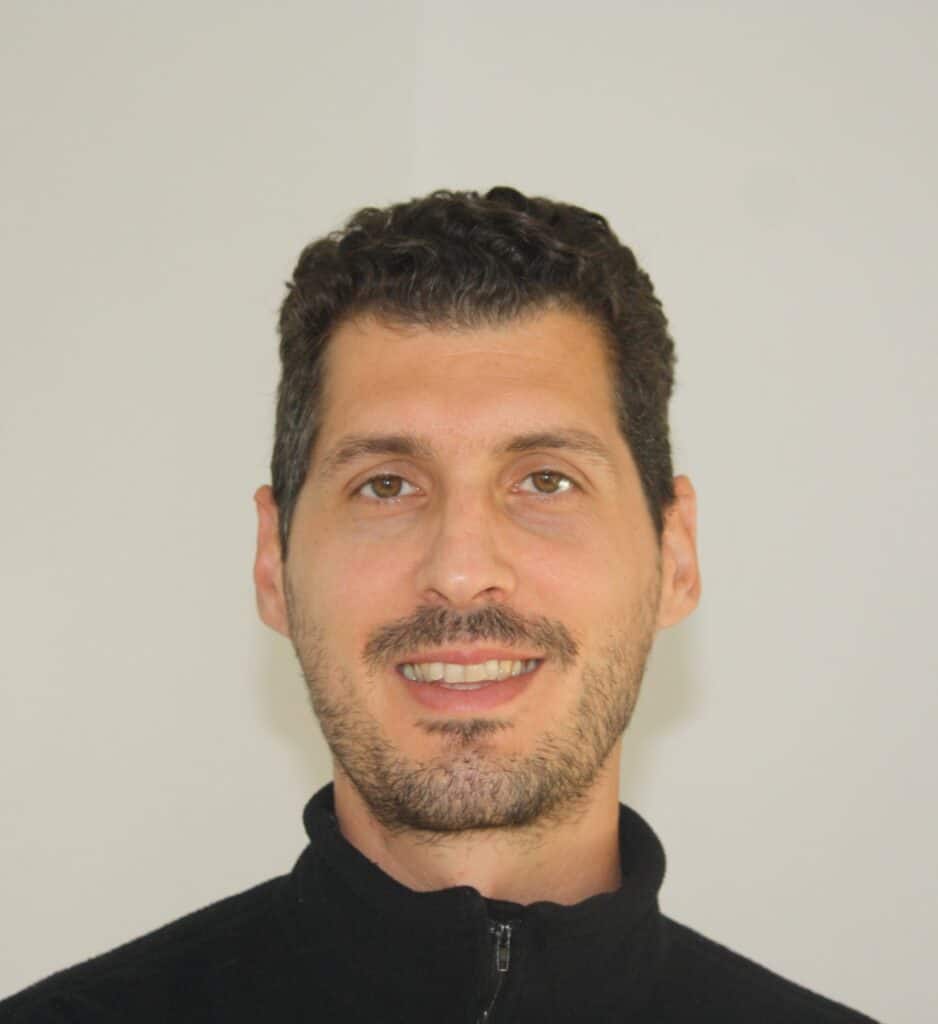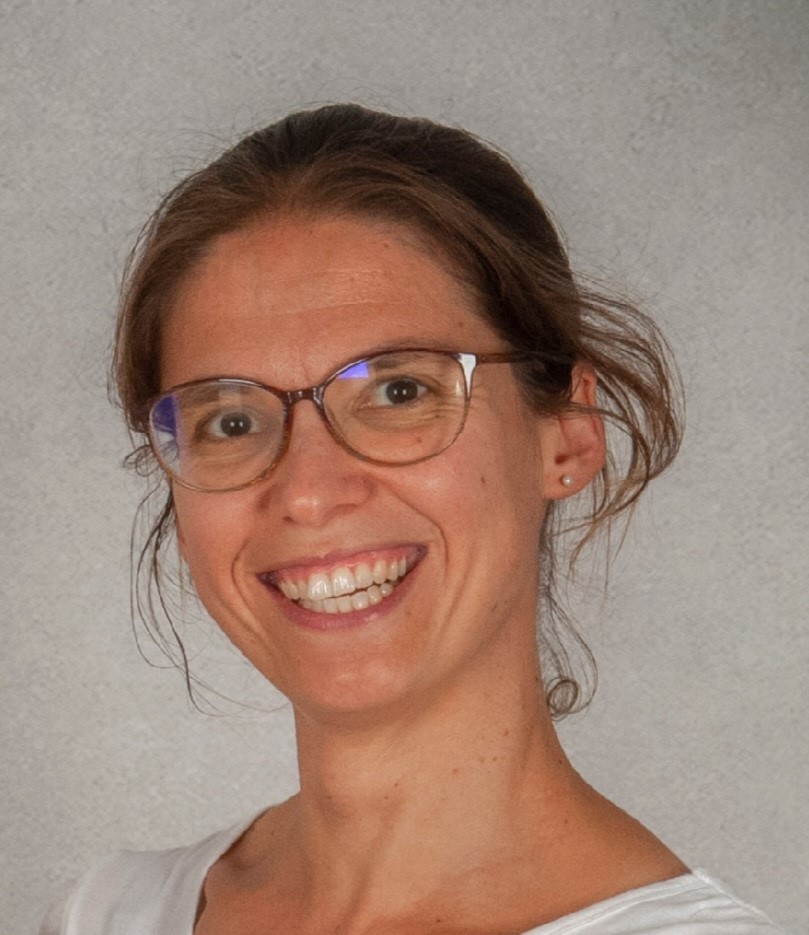IPEN Research
Teams
Spain
IPEN Adult Research Team | IPEN Adolescent Research Team
IPEN Adult Research Team
Primary Investigator
Francisco Guillen-Grima
Orcid ID:
Francisco Guillen-Grima is a Professor of Preventive Medicine and Public Health at Public University of Navarra and head of the Division of Preventive Medicine at the University of Navarre Clinic, Pamplona, Spain. Dr. Guillen-Grima is a graduate of the University of Murcia, Spain and Harvard University in the United States, where he attended as a Fullbright Scholar. Dr. Guillen-Grima has worked in medicine for the National Institute of Health, Spain, as a Medical Officer for the City of Murcia, Department of Public Health and as an Epidemiologist for the City of Pamplona, Department of Public Health.
Francisco has been Professor of Preventive Medicine and Public Health since 1994. He is the author of over 100 journal articles and has made over 90 presentations at national and international congresses. Francisco has also been Principle Investigator on a number of competitively commissioned research projects at European, national and regional levels. Dr. Guillen-Grima’s main areas of research interest in public health are: Health Services Administration, and Epidemiology, especially environmental and lifestyle in vulnerable population groups (eg. children and youth, older people).
Research Team
Prof. Dr Ines Aguinaga-Ontoso
Orcid ID:
Dr. Aguinaga-Ontoso is an Associate Professor of Preventive Medicine and Public Health at Navarra Public University. She has been a Medical Officer at Pamplona Department of Public Health since 1983 where she has worked in school health, environmental health as epidemiologist, and presently in the promotion of physical activity in the City of Pamplona. She received a Bachelor’s degree in Psychology from UNED University in Spain, her M.D. and her Ph.D. from the University of Navarra (Spain).
Ines also holds a M.P.H. from the University of the Basque Country (Bilbao, Spain). She holds a board in Family and Community Medicine as well as a board in Preventive Medicine and Public Health. She has been the Principal Investigator of 3 national research projects, several regional projects, and has participated as investigator in two European Projects.
Project
Hypothesis:
The characteristics of the environment such as access to services (shops, restaurants, public services), urban planning, the availability of outdoor facilities for physical exercise, noise, safety of neighborhoods influence patterns of physical activity for people 18 to 65 years of age.
Objectives:
– Analyzing and comparing the environment variables of the different quarters of Pamplona and habits of physical activity for people 18 to 65 years based on objective methods, validated and adapted to our culture.
– To help create a database on urban-research activity at international level
– Compare the results of this study with information obtained in other studies with similar methodology
– To contribute to the pursuit of environmental strategies that promote active behavior of individuals
IPEN Adolescent Research Team
Co-Primary Investigator
Prof. Javier Molina-García
Orcid ID: 0000-0001-6713-5936

Javier Molina-García is a full professor at the University of Valencia, Valencia (Spain). He is the co-director of the AFIPS (Physical Activity and Health Promotion) research group at the University of Valencia and, member of the Epidemiology and Environmental Health Joint Research Unit, FISABIO-Universitat Jaume I-Universitat de València, Valencia (Spain).
His research interests focus on various aspects of physical activity and health, mainly on university student, adolescent and child populations. A major focus of his work has been on analysing correlates and determinants of physical activity for more than 15 years. Nowadays, he is very interested in analysing the influence of neighbourhood context on the physical activity behaviour. He has authored over 80 papers on these topics in high-impact journals.
Javier joined the IPEN in 2012. He is principal investigator of the IPEN Adolescent study in Spain. This cross-sectional study analyses the associations between built environmental factors and physical activity levels in Spanish adolescents. IPEN Adolescent study has been conducted in Valencia, Spain. Valencia is the third largest city in Spain after Madrid and Barcelona, with a population of approximately 800,000 inhabitants.
Co-Primary Investigator
Prof. Ana Queral
Orcid ID: 0000-0003-4933-0003

Ana Queralt is an associate professor at the Department of Nursing at the University of Valencia, Valencia (Spain). She is member of the AFIPS (Physical Activity and Health Promotion) research group at the University of Valencia and, member of the Epidemiology and Environmental Health Joint Research Unit, FISABIO-Universitat Jaume I-Universitat de València, Valencia (Spain).
Her research interests focus on various aspects of physical activity and health, mainly on university student, adolescent and child populations. A major focus of her work has been on analyzing correlates and determinants of physical activity for more than 15 years. Nowadays, she is very interested in analyzing the influence of neighborhood context on the physical activity behavior. She has authored over 60 papers on these topics in high-impact journals.
Project
IPEN Adolescent
IPEN Adolescent-Spain was conducted in Valencia from 2013 to 2015. This cross-sectional study recruited adolescents from schools in different neighborhoods, which were characterized according to walkability and socioeconomic status (SES). A non-randomized sample of 12 public high schools from Valencia was initially selected; these were balanced in terms of walkability and SES. Nine schools finally agreed to participate (school participation rate 75%).
Each one chose the class groups that would participate in the study. The students and the parents fulfilled a questionnaire, and the students wore an accelerometer during 7 consecutive days. Inclusion criteria for the adolescents were: aged 12–18 years; living in the city of Valencia; able to walk without assistance; and written informed consent from their parents or guardians. Approximately 80% of the eligible students across the different class groups agreed to participate (n = 465 adolescents; 55% girls).
